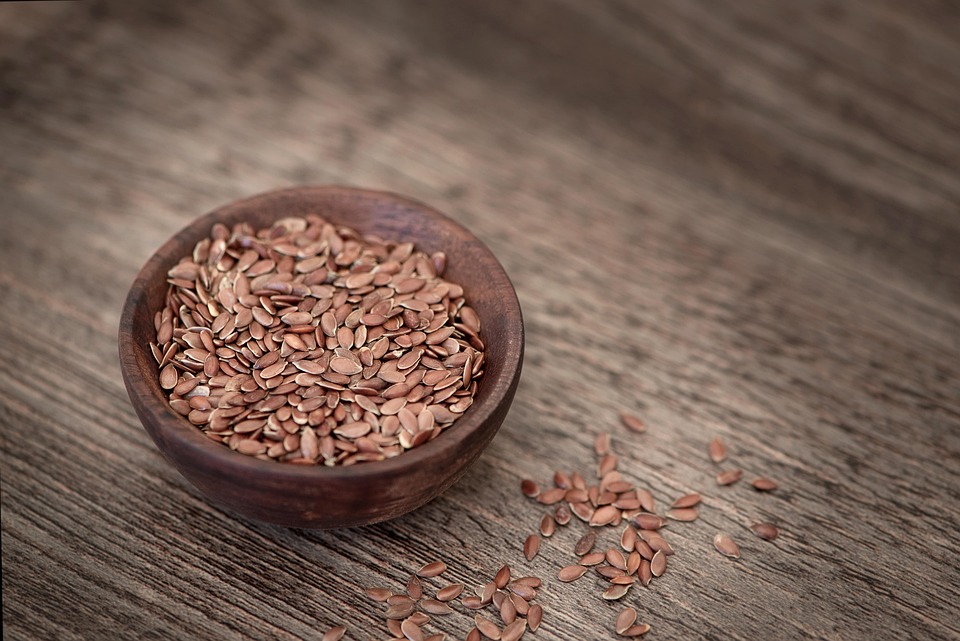Holistic Approaches to Depression Treatment: Mind, Body, and Spirit
Depression is a complex and multifaceted mental health disorder that affects millions of individuals around the globe. Traditional treatments often focus on medication and psychotherapy, but many people are now turning to holistic approaches, which address the mind, body, and spirit. This article will explore several holistic methods for treating depression, including meditation, nutrition, physical activity, and alternative therapies.
The Mind: Mental and Emotional Health
Meditation and Mindfulness
Meditation and mindfulness practices have gained popularity in recent years as effective tools for managing depression. Mindfulness involves being present in the moment and observing thoughts and feelings without judgment. This practice helps individuals detach from negative thinking patterns and become more aware of how their emotions affect their mood.
Cognitive Behavioral Therapy (CBT)
While CBT is often categorized as a traditional therapy, its holistic applicability makes it a vital tool in managing depression. CBT helps individuals identify negative thought patterns and replace them with more constructive ones. By addressing mental processes, CBT works alongside other holistic practices to create a comprehensive treatment plan.
Journaling
Writing in a journal can serve as an emotional outlet for individuals struggling with depression. This practice not only allows for expression but also enables individuals to track their thoughts and feelings over time, fostering better emotional awareness and understanding.
The Body: Physical Health
Nutrition
The connection between diet and mental health is increasingly recognized in the field of psychology. A balanced diet rich in vitamins, minerals, and omega-3 fatty acids has been shown to impact mood positively. Foods like fatty fish, leafy greens, berries, and nuts can play a crucial role in alleviating the symptoms of depression.
Exercise
Regular physical activity is one of the most effective natural antidepressants. Exercise releases endorphins, the body’s natural mood lifters, which can help alleviate symptoms of depression. Activities like walking, yoga, and dancing are excellent ways to integrate movement into one’s daily routine.
Sleep Hygiene
A good night’s sleep is essential for mental health. Many individuals struggling with depression experience sleep disturbances, which can further exacerbate their condition. Establishing a calming bedtime routine, limiting screen time, and maintaining a consistent sleep schedule can greatly improve overall mood and energy levels.
The Spirit: Emotional and Spiritual Well-being
Spiritual Practices
Engaging in spiritual practices can provide individuals with a sense of purpose and connection to something larger than themselves. This may include prayer, meditation, or participating in a faith community. Many find comfort and strength in their spiritual beliefs, which can serve as a beacon of hope during difficult times.
Gratitude Practices
Practicing gratitude involves recognizing and appreciating the positive aspects of life. Research shows that cultivating a gratitude practice can significantly improve mental health. Keeping a gratitude journal or simply taking time each day to reflect on what one is thankful for can foster a positive mindset.
Social Connections
Humans are inherently social beings, and maintaining connections with friends and loved ones is crucial for emotional well-being. Building a strong support network can assist individuals in their healing journey. Activities that encourage social interaction, such as group classes or community volunteering, can help combat feelings of isolation.
Integrating Holistic Approaches with Traditional Treatments
Holistic approaches can complement traditional treatments, offering a well-rounded strategy for managing depression. Individuals should consult healthcare professionals when considering any new therapies or practices, especially if they are already on medication. Combining these methods can create a more personalized and effective treatment plan.
Conclusion
In conclusion, addressing depression from a holistic standpoint allows individuals to heal their minds, bodies, and spirits. By integrating practices such as mindfulness, exercise, proper nutrition, and spiritual exploration into one’s routine, individuals can take proactive steps towards managing their mental health. While holistic approaches may not replace traditional treatments, they provide valuable tools for fostering resilience and finding peace in the journey of recovery. It is essential to remember that each person’s experience with depression is unique, and what works for one individual may not work for another. Therefore, it is crucial to approach treatment with an open mind and adapt various methods that resonate best with personal beliefs and lifestyle.
FAQs
- What are holistic approaches to depression treatment?
- Holistic approaches to depression treatment involve considering the mind, body, and spirit. This includes practices such as meditation, nutrition, exercise, and spiritual exploration.
- Can meditation help with depression?
- Yes, meditation can help reduce symptoms of depression by promoting mindfulness, reducing stress, and facilitating emotional awareness.
- Is exercise beneficial for mental health?
- Absolutely! Regular exercise releases endorphins and improves mood, making it an effective natural antidepressant.
- How important is nutrition in combating depression?
- Nutrition plays a significant role in mental health. A balanced diet rich in vitamins, minerals, and omega-3 fatty acids can positively affect mood and overall well-being.
- Should I replace my medication with holistic treatments?
- It’s essential to discuss any changes in treatment with a healthcare provider. Holistic methods can complement traditional treatment but should not replace prescribed medications without professional guidance.

